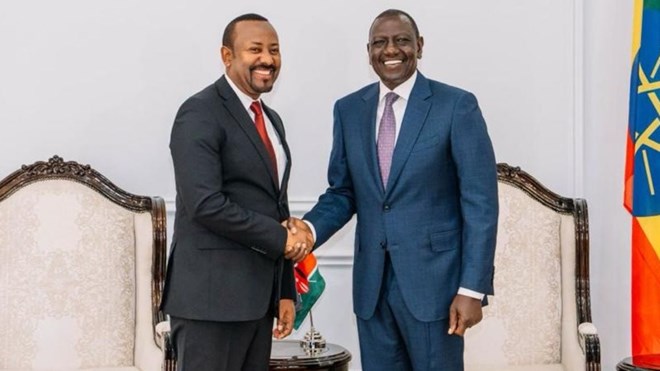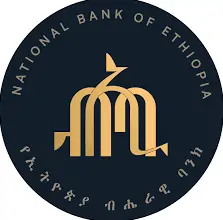Kenya Port Authority (KPA) wants to increase business at the new Lamu port by lowering port fees from the next month. Kenya wants Ethiopia to use its new Lamu port for import and export purposes. For years, Ethiopia has been relying solely on Djibouti’s ports for its imports and exports.
Ethiopian authorities are going to start using Lamu port for fertilizer import this month. This decision by the Ethiopian government came amid rising tensions between Yemeni Houthi fighters and Western/American forces in the Red Sea. This escalation pushed Ethiopia to consider the use of Lamu port for the import of fertilizers.
Lamu port has been gradually expanding. In 2022, Lamu port handled 6,539 metric tons of cargo whereas, last year, it handled 37,576 metric tons. Container traffic on Lamu port also increased. In 2022, it was 382 twenty-foot equivalent units (TEUs) and in 2023 it was 1,779 TEUs which is an increase of 1400 TEUs.
Kenya wants to enhance this growth by attracting Ethiopia and South Sudan. Both Ethiopia and South Sudan are landlocked. In 2016, Ethiopia, Kenya, and South Sudan agreed to build the LAPSSET (Lamu Port-South Sudan-Ethiopia-Transport) corridor. The LAPSSET Corridor Program is a regional flagship project intended to provide transport and logistics infrastructure aimed at creating seamless connectivity between the Eastern African Countries of Kenya, Ethiopia, and South Sudan. The project connects a population of 160 Million people in the three countries. The project would enable Ethiopia and South Sudan to use Kenyan Lamu port.
Kenya is encouraging Ethiopia to use the Lamu port by lowering the port fees. Kenya might waive fees, give more time for free storage at Lamu, and try to make overall shipping costs cheaper for Ethiopian traders. In recent weeks, Ethiopian delegations led by Minister of Transport Alamu Sime and other ministers visited Kenya, inspected Lamu port and held discussions about port fees.
Ethiopian authorities have been recently criticizing Djibouti for allegedly blackmailing Ethiopia and hiking port fees. Djibouti denies these accusations. Earlier this year, Ethiopia signed a controversial MoU with Somaliland to gain access to the sea through Somaliland in return for recognizing Somaliland as a country. Due to stiff resistance from Somalia, Somaliland and Ethiopia could not translate the MoU into an agreement. Since then tensions have been running high between Somalia and Ethiopia. Kenya and Djibouti both claim to be mediating between Ethiopia and Somalia. However, it seems that the two are more interested in securing Ethiopian business than mediating between Somalia and Ethiopia.
More Stories
Food Prices and Inflation in Ethiopia Decline
Eritrean economy remains a mystery while IMF forecasts GDP growth for world economies
Kenyan Military Chief & 9 other officers die in helicopter crash










More Stories
Kenya & Ethiopia Discuss Removal of Trade Barriers
Another Boat Carrying Illegal Ethiopian Migrants Capsizes
Eritrean Soldiers to Face Trials in Ethiopian Courts